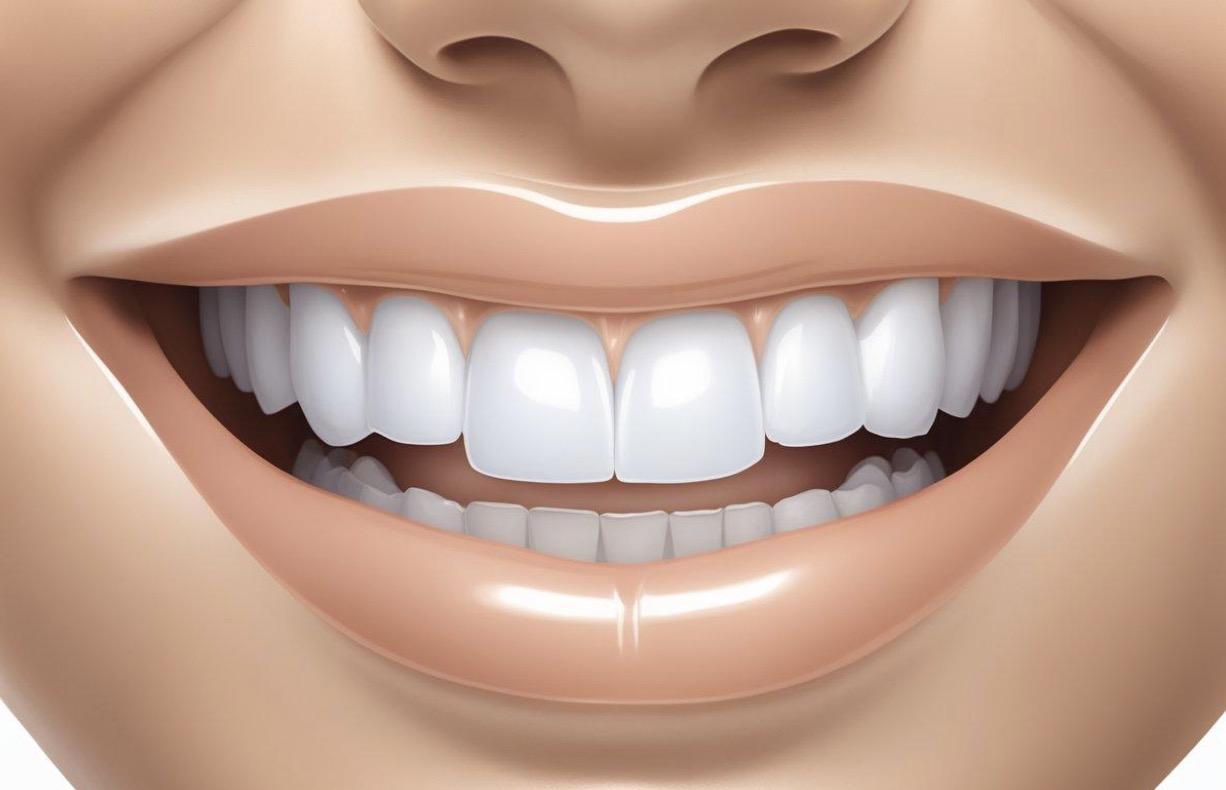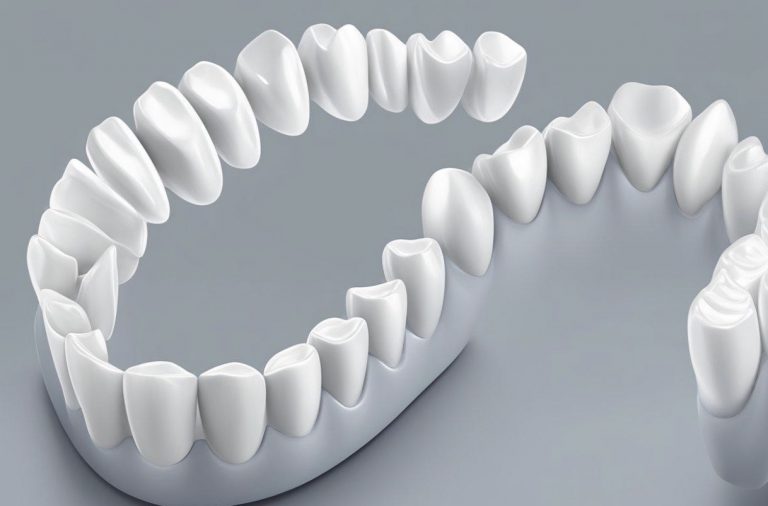Cosmetic dentistry has long been a resource for individuals looking to improve their smile and, by extension, their overall self-esteem. Porcelain veneers are a popular choice within this branch of dentistry, prized for their ability to offer a transformative change. As thin, custom-made coverings that adhere to the front surface of teeth, they provide an effective solution for a variety of aesthetic dental concerns such as discoloration, chips, cracks, or gaps between teeth.
Constructed from high-quality, tooth-colored dental porcelain veneers mimic the natural appearance of enamel, creating a seamless blend with the patient’s existing teeth. This cosmetic solution is not only about beautifying smiles; it also plays a significant role in bolstering confidence. The durability and stain resistance of porcelain veneers make them a preferred option for a long-lasting and sophisticated smile enhancement.
When expertly applied by an experienced cosmetic dentist, porcelain veneers are virtually indistinguishable from natural teeth, offering an aesthetically pleasing and functional restoration. This aspect of cosmetic dentistry caters not only to the aesthetic enhancement but also to the psychological uplift associated with an improved smile, reaffirming the notion that a radiant smile is a key to self-assurance.
Story Stages
The Basics of Porcelain Veneers
Porcelain veneers are a transformative cosmetic dentistry option, offering a durable and aesthetically pleasing solution for a variety of dental imperfections. They involve the careful application of tooth-colored shells to enhance the appearance of natural teeth.
What Are Porcelain Veneers?
Porcelain veneers are thin, custom-made shells designed to cover the front surface of teeth. Made from porcelain, a material known for its durability and stain resistance, veneers replicate the natural translucency of tooth enamel. A cosmetic dentist bonds these shells directly to the natural teeth, effectively concealing chips, cracks, and discoloration caused by substances like coffee, tea, or red wine.
- Material: Porcelain
- Purpose: Enhance natural teeth appearance
- Stain Resistance: High
- Application: Bonded to teeth
Benefits of Choosing Porcelain Veneers
Choosing porcelain veneers comes with several benefits:
- Esthetic Perfection: They provide a natural look and can achieve dramatic improvements from teeth whitening to closing gaps.
- Durability: Porcelain is a strong material that withstands wear and is less prone to chipping compared to other restorative materials like composite resin.
- Versatility: Veneers can be used not just for cosmetic enhancement but also as a protective cover for damaged tooth surfaces.
- Stain Resistance: The non-porous surface of porcelain veneers offers exceptional resistance to stain-causing foods and beverages.
Understanding the Procedure
The procedure for applying porcelain veneers involves several steps:
- Consultation: The dentist assesses the patient’s suitability and discusses treatment options, including no-prep and traditional veneers.
- Treatment Plan: A personalized plan is created based on the patient’s dental health and esthetic goals.
- Tooth Preparation: For traditional veneers, a small amount of enamel may be removed, while no-prep veneers require minimal to no alteration.
- Impressions: Dental impressions are taken and sent to a dental laboratory where the veneers are custom-made to fit snugly over the patient’s teeth.
- Temporary Veneers: In some cases, temporary veneers are placed while the permanent ones are being fabricated.
- Bonding: Once ready, the dentist uses dental cement and a curing light to bond the veneers securely to the natural teeth.
The choice of porcelain veneers must be guided by a competent cosmetic dentist to ensure a seamless fit and lasting dental health.

Conclusion: Maintaining Your Veneers for Longevity
Ensuring the longevity of porcelain veneers requires a dedicated approach to daily care and maintenance. This vigilance helps protect not only the investment made in the cosmetic improvement but also the health of the natural teeth underlying the veneers.
Daily Care and Maintenance
Proper daily care for porcelain veneers involves a routine of brushing and flossing to maintain good oral hygiene. Patients should:
- Use a soft-bristled toothbrush and non-abrasive fluoride toothpaste to gently clean the front surfaces of the veneers.
- Floss once a day to remove plaque buildup from between the teeth.
Addressing Sensitivity and Preventing Damage
Post-fabrication sensitivity may sometimes occur. To address this and prevent veneer damage:
- Avoid biting into hard objects like ice, or using teeth as tools to open packages.
- Those who grind their teeth should consider a night guard to prevent potential damage to their veneers.
Regular Dental Checkups for Lasting Results
Regular check-ups and cleanings by a qualified dentist are crucial for maintaining veneers. During these visits, patients can expect:
- An oral exam to ensure healthy teeth and gums.
- Professional cleaning to meticulously clear any plaque that at-home brushing may miss.
Consistent follow-up care allows for the timely address of any dental concerns, ensuring that porcelain veneers retain their natural appearance and function optimally for years.
